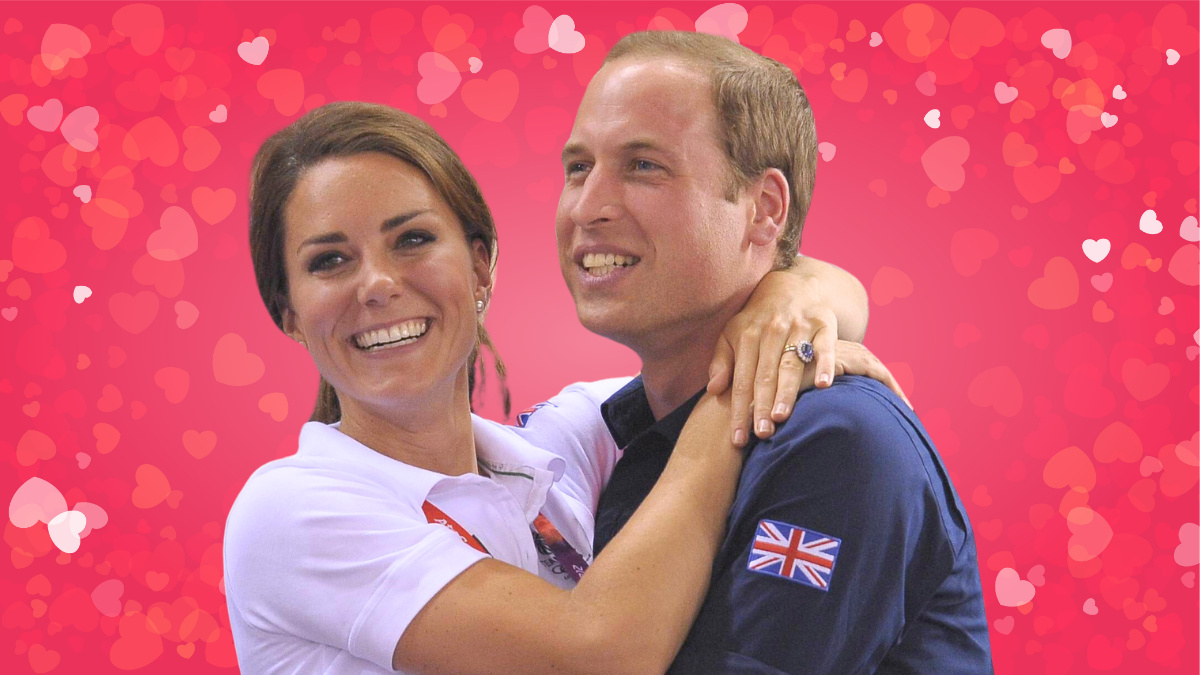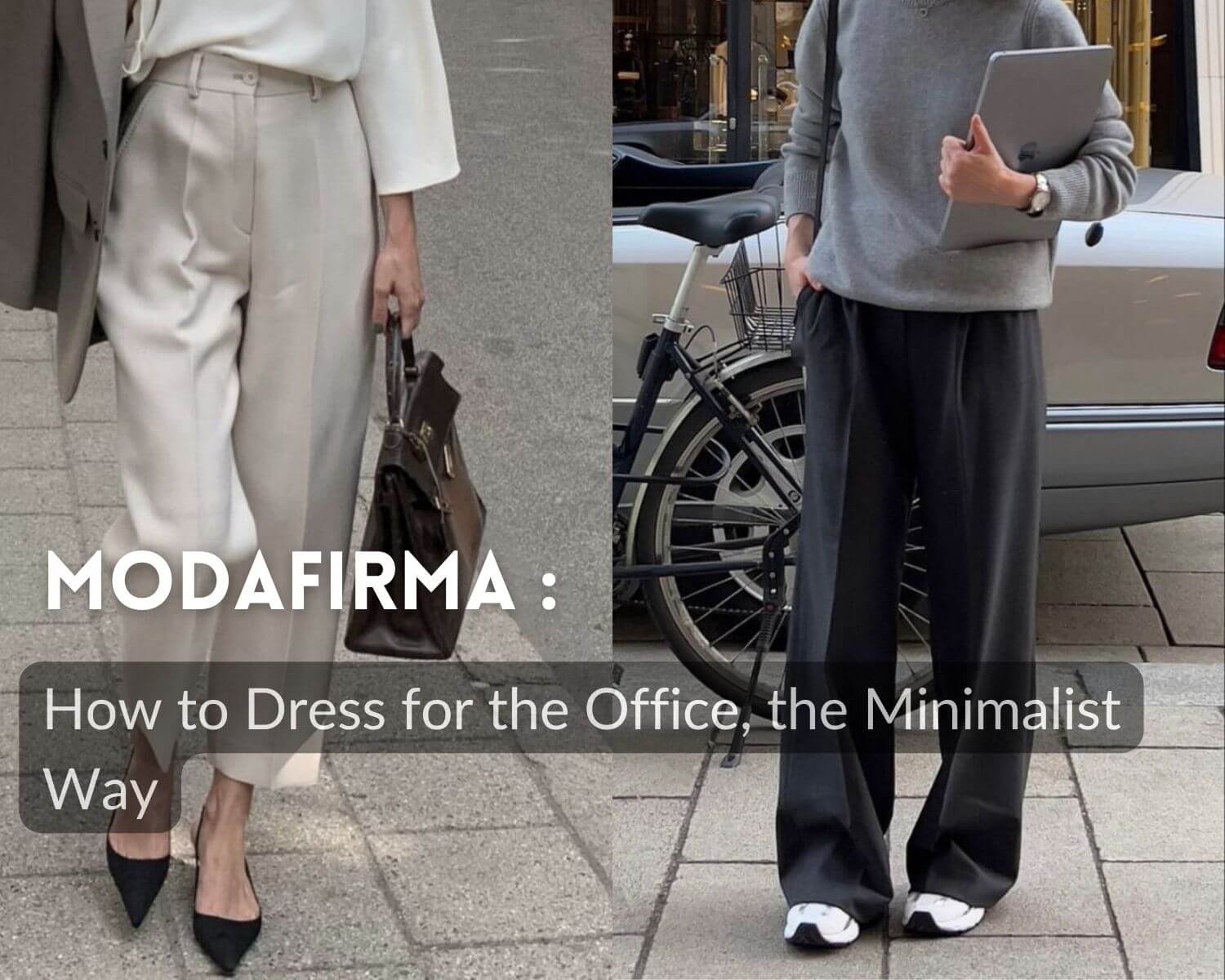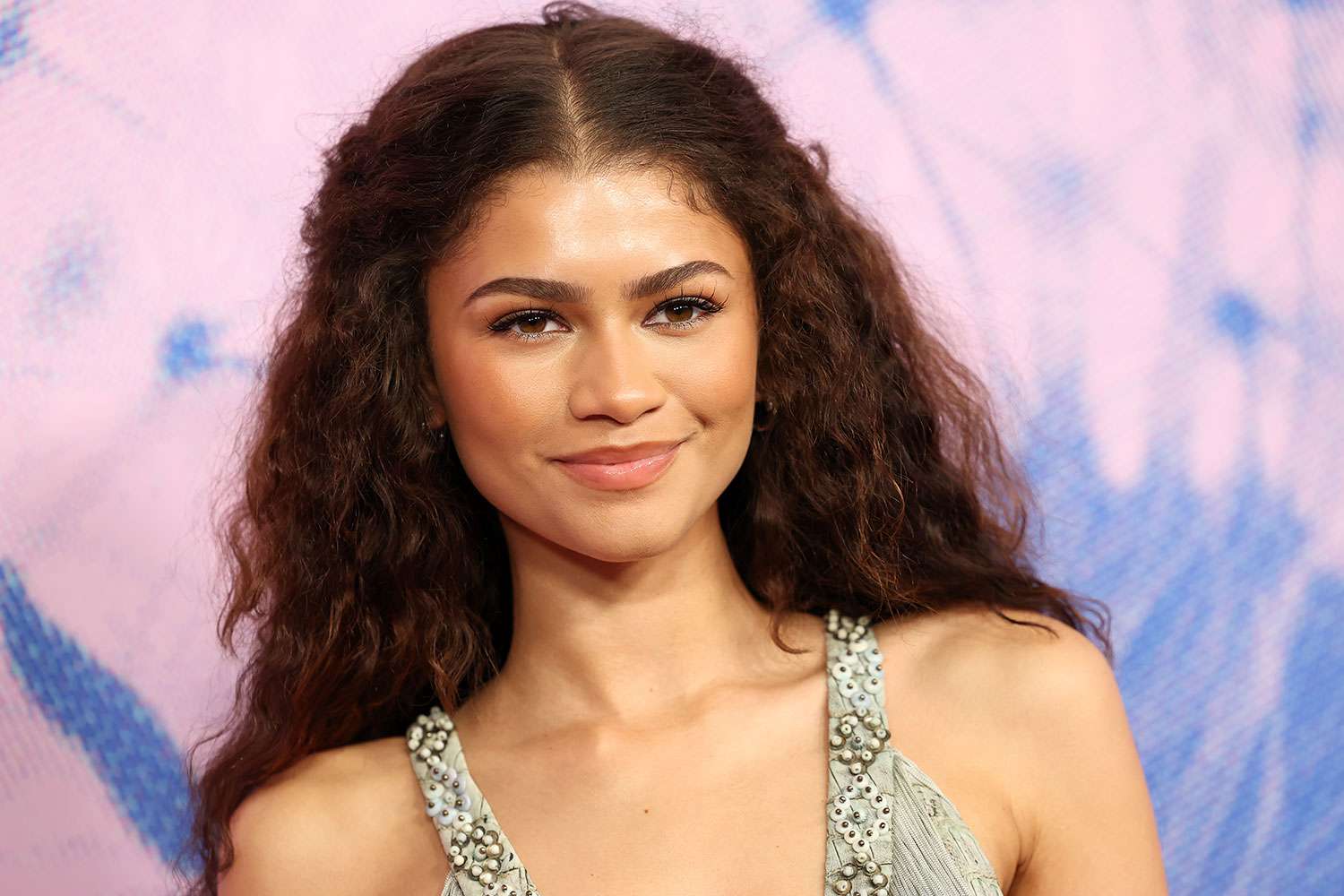By James Toney at Wimbledon
There isn’t much that’s new at Wimbledon, a place firmly rooted in the trappings of tradition, but there will be a new women’s champion this weekend.
Ons Jabeur, last year’s beaten finalist, and Marketa Vondrousova, the first unseeded player to make the final in the open era, may not be a box office showdown but the relief was palpable at the All England Club.
At one point they feared their showpiece could be a clash between Ukrainian wildcard Elina Svitolina and Belarus’s Aryna Sabalenka, a geopolitical grudge match played out under the gaze of the Princess of Wales. Luckily for them, Jabeur and Vondrousova read off a different script.
Jabeur’s semi-final with Sabalenka was certainly a clash of style. There is no more powerful hitter in the women’s game than the towering Belarusian but her rival is making a career of turning defence into attack and redefining modern tennis conventions.
If Sabalenka’s powerhouse game can be a little one-dimensional then Jabeur plays all the angles, conjuring unfathomable and unimaginable shots and disrupting her opponent’s rhythm with deft flicks, dainty drops and wicked slices.
Sabalenka moves from 0-60 in a blink of an eye, Jabeur slowly grinds through the gears and it’s a joy to watch, this match the product of what happens when an irresistible force meets an immovable object.
The second seed is the in-form Slam player, winning in Australia and then suffering a heart-breaking narrow defeat in the French Open semi-final. However, among WTA Tour players no-one has enjoyed more wins on grass in the last three years than Jabeur, who has battled back and calf injuries this season.
It was hardly surprising it took a tie-break, just edged by Sabalenka, to settle the first set and Jabeur was a set and a break down before a storming comeback saw her secure progress 6-7 6-4 6-3.
The 28-year-old Tunisian has certainly done things the hard way – she’s beaten four Grand Slam champions in her last four matches, three times coming from a set down to advance. She will run herself into the ground turning seemingly lost causes into showstopping winners.
“That was a crazy match and I was playing better and better and it’s just one more match to go now,” said Jabeur, seeking to become the first Arab woman to win a Grand Slam title after final defeats last year at Wimbledon and the US Open.
“This year the draw has been so much tougher, I’ve had to play some amazing players and it’s been very challenging. It gives me more confidence for the final, I know I’m playing great tennis.
“Last year I think I would have lost that match, I’m a different player now and I’m working so hard to improve myself.
“I’m getting closer, I’ve always believed I can win a Grand Slam. I’m going to take a lot from those two finals that I lost, hopefully this is a case of third time lucky.
“This year has taught me the importance of patience, my injury was out of my control. If you’d told me that I would be in the final of Wimbledon I would have taken it.”
Sabalenka missed the chance to move ahead of Iga Swiatek as world No.1 with this defeat, which while stinging was not as painful as the final four loss to Karolina Muchova in Paris, where she squandered a match point and dropped 20 of the final 24 points.
“I’ll just keep working and keep pushing myself, hopefully next time mentally I’ll be tougher in the semi-finals,” she said.
“I can’t complain about my results this year. There is always a lot more to work on, a lot of things I can improve and get better. Hopefully next year I’ll come back much stronger than this year.”
Sabalenka will get more chances to win here but this could be Vondrousova’s one shot, after she beat Svitolina 6-3 6-3, the rollercoaster emotions of the last few days perhaps finally catching up with the Ukrainian.
Since reaching the French Open final as a teenager in 2019, Vondrousova has won just nine matches in next seven Slams, her ranking plummeted and her sponsors fled. It was a cautionary tale of what can happen, take note Emma Raducanu.
She started her Wimbledon campaign on Court 7, a rank outsider on the All England Club’s outskirts, but now looks more than at home on its grandest stage, not bad considering she’d won just one match in her four previous appearances here.
“I thought playing on grass was impossible, that just makes this even crazier,” she said.
“In some ways I think I had success too young; it helps I’m older now and I’m a different person. I’m just happy to get another chance in a final.
“I’ve been through a lot, loss of form, injuries. I didn’t know if I would ever come back and play again at this level.”
There isn’t a trophy or a place on one of the gilt honours board for being a people’s champion at Wimbledon, though four-time semi-finalist Tim Henman does have a hill named after him.
Of course, there are more serious things than sport and Svitolina’s run is the first time the war hasn’t topped the news bulletins in Ukraine for 17 months.
“It’s been a big motivation, but it’s a lot of responsibility too, there’s a lot of tension,” she said, in one of those tearful Wimbledon press conferences that felt like you were intruding.
“Sometimes it gets maybe too much but I don’t want to take it as an excuse that I lost. I tried to make it a motivation. I just hope that Ukrainian people continue supporting me.”






